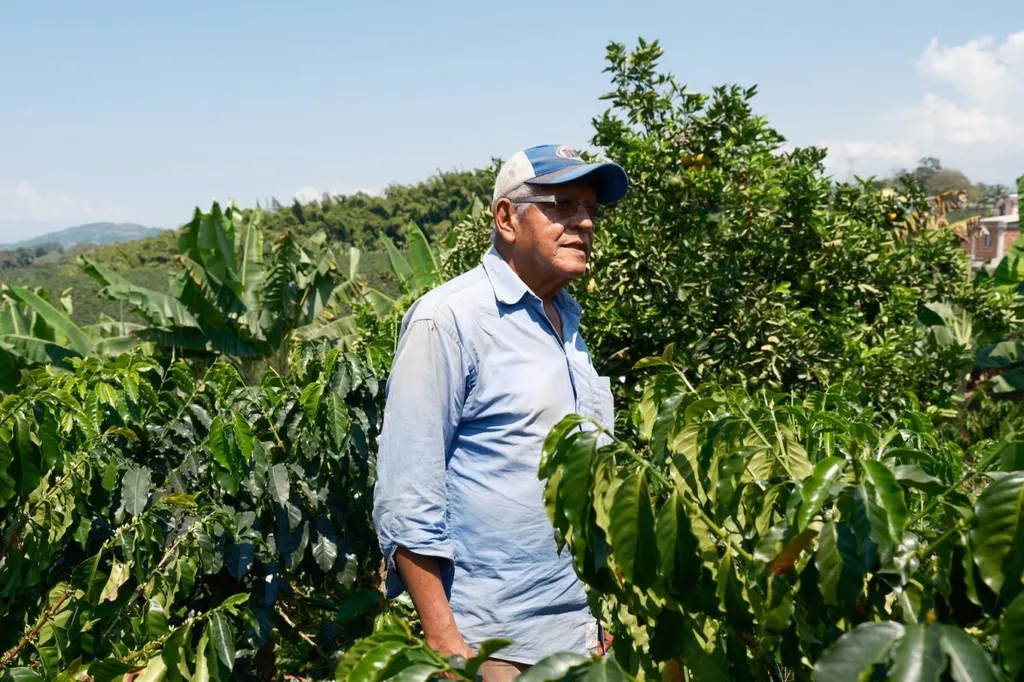In the heart of northern Colombia, a quiet revolution is brewing—one that could reshape the global coffee industry and offer a blueprint for sustainable and equitable agro-food chains. A recent study published in the journal *Frontiers in Sustainable Food Systems* (translated as *Frontiers in Sustainable Food Systems*) by Andrea Fantini of the University of Bologna’s Department of Agriculture and Food Sciences, reveals how small coffee producer associations are challenging the status quo and creating fairer, more sustainable supply chains.
The research, which combines quantitative data from 40 coffee producers with qualitative insights from interviews, highlights the transformative power of collective organization and equitable decision-making. “Producer-led collective governance structures directly strengthen self-determination and enable small-scale farmers to challenge dominant supply chain inequities,” Fantini explains. This finding is a beacon of hope for an industry long plagued by inequities and asymmetries.
The study identifies four key dimensions of fairness—distributive, procedural, interactional, and environmental—and demonstrates how coffee associations can leverage these to retain greater value and achieve sustainability across multiple fronts. By focusing on equitable decision-making processes, these associations are not just improving their economic prospects but also fostering social and environmental sustainability.
The implications for the agro-food sector are profound. As Fantini notes, “This research makes an original contribution by empirically demonstrating how producer associations can serve as viable organizational models for transforming global agricultural value chains.” The study offers concrete evidence that grassroots collective action can provide a robust alternative to conventional approaches to supply chain sustainability.
For the coffee industry, this research could pave the way for a more equitable and sustainable future. By empowering small-scale producers to retain greater value and make decisions that benefit their communities and the environment, these associations are setting a new standard for fairness and sustainability. As the global demand for ethically sourced products continues to grow, the model outlined in this study could become a cornerstone of the industry’s future.
Beyond coffee, the findings have broader implications for the agro-food sector. They suggest that collective organization and equitable decision-making can be powerful tools for transforming supply chains and creating more sustainable and equitable systems. As the world grapples with the challenges of climate change and social inequality, the lessons from this study could be instrumental in shaping a more just and sustainable future for agriculture.
In the end, this research is a testament to the power of collective action and the potential for small-scale producers to effect meaningful change. As the world looks to the future of agriculture, the lessons from northern Colombia could provide a roadmap for a more equitable and sustainable path forward.

